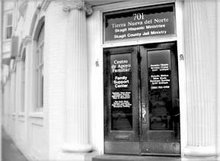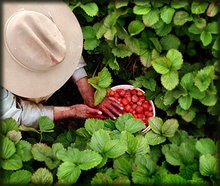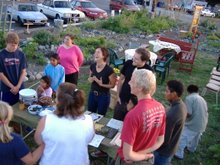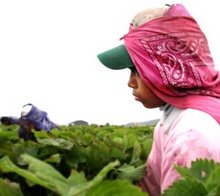by Bob Ekblad
Fifteen Tierra Nueva promotores (trainers) serve the poorest of the poor in some fifty Honduran villages.
Every two weeks, David Calix, the 48-year-old coordinator, calls us from a scratchy internet phone. Third-grade educated David brilliantly pastors many of Tierra Nueva’s Honduran staff, only one of whom is educated beyond sixth grade.
“Roberto, I am trying to motivate the promoters to continue to reach out to the poorest farmers. I encourage them to remember where they have come from. But they are tempted to forget. It is too painful to remember the poverty.”
David tells me how TN promoters have all become successful farmers. Now the temptation is to pursue security, forget where they have come from, and harden their hearts. David gives examples that convict.
“Some are even wanting to ride motorcycles or cars instead of mules. There is even talk of each promoter having a cell phone,” he says in dismay.
David insists that people need to remember the pain of growing up with nothing, of losing their fathers to other women or alcohol, or siblings to dysentery.
“Remembering where we’ve come from is important, Roberto. In this way we will not harden our hearts to the most broken people—those who spend their money on alcohol rather than seeds, or who are discouraged to the point of apathy.”
Last week he told us of a hope-inspiring Bible study on the man born blind in John 9. “Jesus refuses to blame the man for his misfortune. This helped us to realize we must not blame the poor or ourselves.”
We end our conversation discussing how the man’s blindness and poverty, illnesses and calamities must not be seen as punishments for sin, but rather as opportunities for Jesus to visit them and offer healing, a new opportunity, a better system of farming, an irrigation project or inclusion into a faith community. We pray for the promoters, for David, for all of us—that we would have hearts of compassion.





